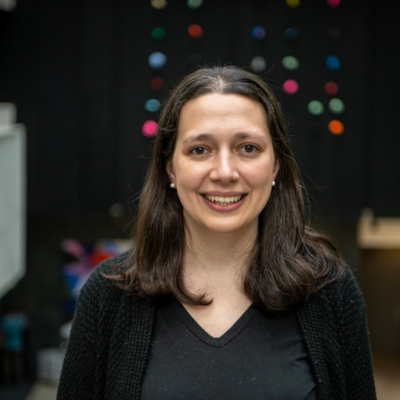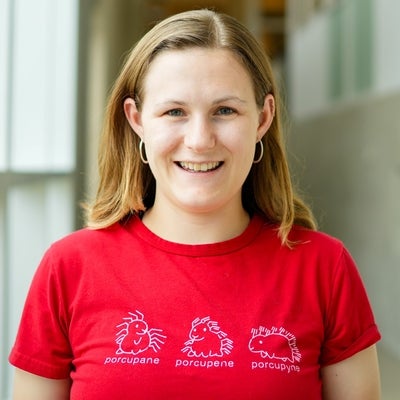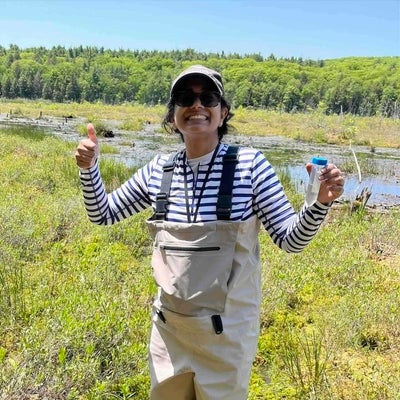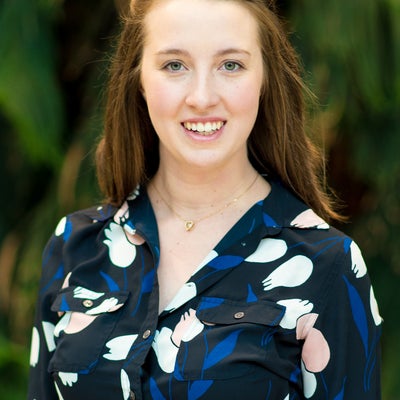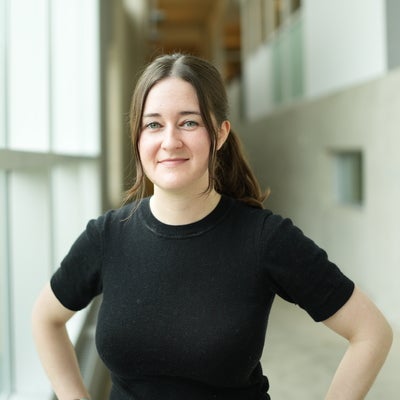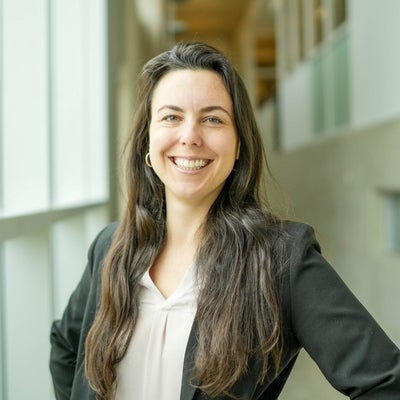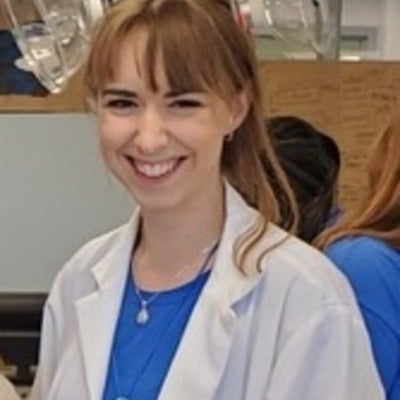Soapbox Science 2024

Scientist speaking to group in Victoria Park
Event Details
Soapbox Science is coming to Kitchener-Waterloo! On June 9, 2024 from 1-4pm, some of our leading scientists take to their soapboxes in Victoria Park to showcase their science to the general public. The event’s mission: to help eliminate gender inequality in science by raising the profile, and challenging the public’s view, of women and non-binary people in science. These interactive, engaging talks encourage everyone to learn more about science. Questions are welcome! We will be near the playground and water park.
The event is free, no registration required.
Speakers








Speakers' Discussion Topics
Dr. Amritha Stalin, Research Associate, University of Waterloo. Train Your Brain: Can Exercise Boost Your Vision and Learning? My research explores the relationship between exercise and neuroplasticity, focusing on visual perceptual learning. Neuroplasticity, which refers to the brain's ability to reorganize its structure and function in response to stimuli, diminishes with age but can be improved through interventions like exercise. I am conducting research studies to investigate whether exercise and visual training can enhance the speed and extent of learning.
Dr Ana Ennis, Postdoctoral fellow, Waterloo Centre for Astrophysics. Will our Sun explode? Stars lead very different lives depending on their starting conditions and the kind of environment they live in. Some stars have quiet lives that end in beautiful clouds of material that evaporates with time, whereas other experience shorter, more dramatic events, like supernovae explosions. We will discuss how this happens, and in particular, what the fate of our favourite star will be.
Carlee Montgomery, PhD Candidate, University of Waterloo. Iodine and sigma-holes: the atomic matchmaker. Iodine is a large atom capable of forming multiple bonds at once and when it does so it is called hypervalent iodine. Opposite each bond on hypervalent iodine is a pocket of positive charge called a sigma-hole. Hypervalent iodine compounds with two bonds are very useful for performing “coupling reactions” as the sigma-holes can attract other charged fragments that typically do not want to go near each other. My research is focused on controlling and predicting these coupling reactions for applications in drug and material synthesis.
Ghada Elba, Phd Candidate, University of Waterloo. Helping you choose the right product for your medication! There are a lot of choices when it comes to medication organisation: blister packs, automatic dispensers and much more. But which features of the products best serve your needs? My research is focused on developing a decision aid guide to help older adults navigate the various choices around their medications.
Harshina Brijlall, Phd Candidate, University of Waterloo. When Blue Turns Green: How is climate change affecting our water? Waves of green, dead fish and clogged water treatment plants are all symptoms of harmful algal blooms. Cyanobacteria, known as blue-green algae, can produce harmful toxins impacting our human nervous systems and our livers. Harshina will discuss how algae is affected by warming temperatures and climate change. Her Soapbox talk will conclude with a call to action to protect our forested watersheds.
Jenn Mead, PhD Candidate, University of Waterloo. How does climate change impact lake health and greenhouse gas emissions? Burning fossil fuels (coal, gasoline, and so on) has caused climate change that affects how lakes function. My research aims to determine how climate change impacts lake health and the release of greenhouse gases from lakes.
Dr. Jennifer Williams, Postdoctoral Fellow, University of Toronto. Exercise: Let's get to the heart of it! Want to learn more about the heart? Come out to heart hopscotch where we’ll learn about how the heart connects to the lungs and muscles to help us exercise; and learn about how you can keep the heart healthy at any age!
Khushmeet Dhaliwal, PhD Candidate, University of Waterloo. Looking into the human eye. The talk will explain what the different parts of our eyes are, how our eyes function and if time permits, also touch base on how we use technology to take pictures of the inside of the human eye while it's still in the body.
Michelle McKnight, PhD Candidate, University of Waterloo. Microbial janitors: the bacteria that help to clean our water. Every time you flush the toilet or send water down the drain, sewer drains take all the dirty water to a local wastewater treatment plant, where helpful bacteria will assist in ‘cleaning’ the water by eating toxic compounds like ammonia. I will talk about what kinds of microorganisms we have discovered that eat ammonia, where they like to live, and how they help to remove wastes from our water.
Natasha Evans, PhD Candidate, University of Waterloo. A Small Molecule Detector. I’ll be sharing how DNA can be used for the detection of small molecules, such as pollutants and disease markers, using pictures and interactive games to help visualize how this process works.
Rachel Beaver, PhD Candidate, University of Waterloo. Why microbiology is important for safe used nuclear fuel storage. As Canada develops its plan to store used nuclear fuel deep underground in a repository, it’s important to consider the safety of the system from all points of view…even the really small ones! Microorganisms like bacteria naturally exist deep underground, and will exist in the repository, so understanding the roles they may play is important in designing a safe system.
Simran Pattar, PhD Candidate, University of Waterloo. Biophysics can detect retinal diseases! I will discuss the use of optical coherence tomography (OCT) as an imaging system created with the principles of physics to visually compare retinal layers and blood flow changes of the healthy and glaucomatous retina.

